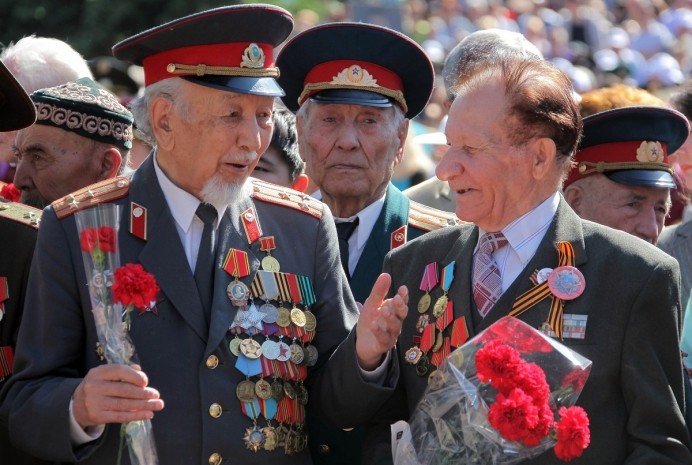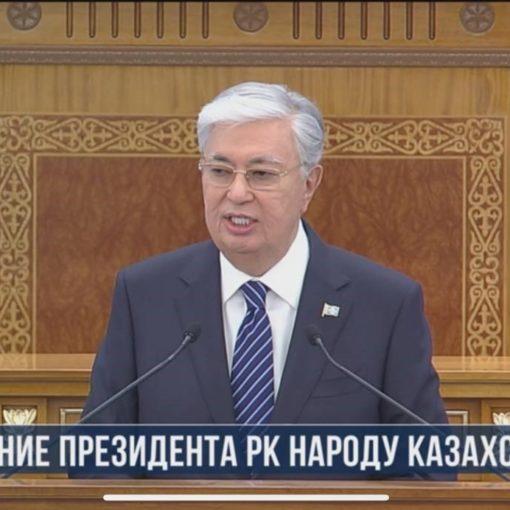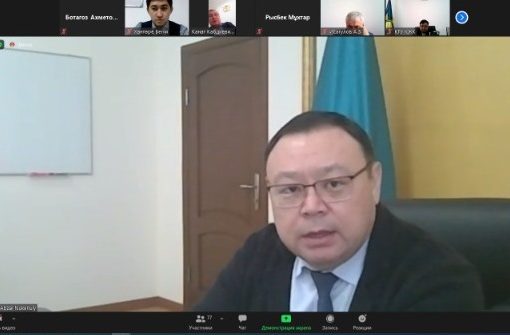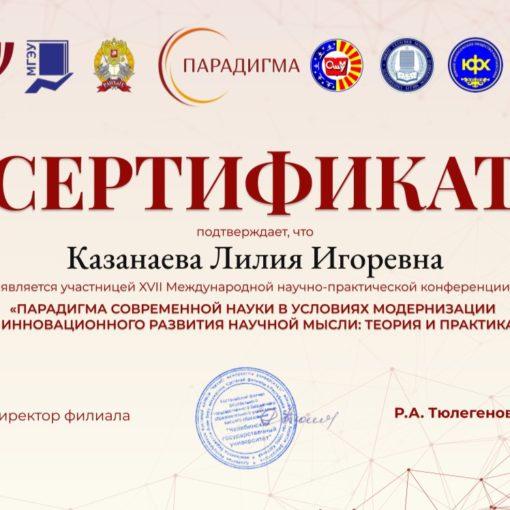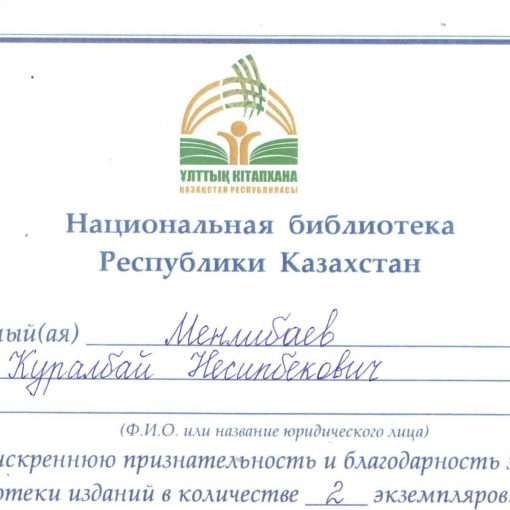
Fyodor Antonovich Belov was born in 1910 in a peasant family on Belov farm in Sakmarsk district of Orenburg region.
In 1931 Fyodor Belov came to Osakarovka station of Karaganda region. He worked at the construction of the railway Karaganda-Balkhash as a way-trip driver, foreman. In 1942 he was conscripted into the acting army.
Belov was baptized in the Volkhov, where fights of local importance took place for a long time. Only in June 1944 he had a chance to take part in the offensive as a member of the 382nd Infantry Division when storming Finnish fortifications on the Karelian Isthmus.
During the street battles for the town of Vyborg Sergeant Belov’s armour-piercing division joined the assault group. For the battles in Vyborg he was awarded the medal “For bravery”. There he received his first wound. After his recovery, Fedor Antonovic was again at the front, but in another part – in the 289th rifle regiment of the 120th rifle division of Gatchin. The division was engaged in fierce battles on the Narva bridgehead. Fyodor Belov, who commanded the division, skilfully used anti-tank rifles and ensured the successful promotion of the infantry, for which he was awarded the Order of Glory III degree.
At the end of January 1945, the 120th Gatchin Division fought fiercely in the Oder direction. The fascist command made desperate efforts to eliminate the bridgehead, and seven or nine attacks a day were fought off by brave Soviet soldiers.
On January, 27th, 1945 in the area of village Oderfelde Hitlerites have fallen on our positions by forces of an infantry regiment supported by four heavy tanks. The anti-tank rifle platoon, which included Fyodor Belov, was in the infantry combat regiment. The platoon commander ordered to let the enemy tanks closer to us to hit them for sure. When there were two hundred meters left, Sergeant Belov was the first to open fire. With a few shots, he hit the head car. Two other armored monsters, maneuvering, opened heavy fire. Pavlov’s guide hit the third and last tank. At once it became easier. To help the infantry, the Pepperovs took up rifles and automatic rifles. Together, the enemy attack was repulsed. And a few weeks later, during a pause, the division commander, Major-General Govoroi, presented Senior Sergeant Belov with the Order of Glory II degree.
On May 24th 1945 the 289th rifle regiment of the Order of Alexander Nevsky went out to the town of Neisse (Naisse). The Germans decided to delay the offensive of the Soviet troops and under the cover of self-propelled guns went into counterattack. Senior Sergeant Belov closely followed the movement of the self-propelled gun in his sector, and as soon as she set the board up, the shot was fired.
The self-propelled movement, turning around at a hundred and eighty degrees, stopped. Fedor Belov realized that he had interrupted the self-propelled track and set it on fire with the next shots. Other calculations also acted selflessly. The attack of the Hitlerites choked to death.
Fedor Belov showed courage and bravery when breaking through the defense and defeating the enemy southwest of the city of Opeln, in the battles for the city of Neustadt, Spaynau, Falkenberg and others.
For courageous performance of combat missions in the final phase of the war and the courage shown by the Decree of the Presidium of the Supreme Soviet of the USSR on June 27, 1945 Fyodor Antonovich Belov was awarded the Order of Glory I degree.
But soon after the end of the war the part in which Fyodor Belov served was oaschormed and the armored trooper was demobilized without receiving the award. He didn’t even know about it.
…The Golden Order to a brave soldier was presented on the eve of the 51st anniversary of the Armed Forces at a solemn meeting dedicated to this significant date (1969).
Fyodor Antonovich Belov lived at the station Zharyk, Shet district. Later he left Kazakhstan.
The material is published, being based on the book published in “Bolashak Baspa” and on materials of the Internet.
Heroes of Karaganda [Text]: collection of biographical information / edited by Zh. S. Akylbaev, A. A. Abdakimov, N. O. Dulatbekov, R. K. Omarbekova. – Karaganda: Bolashak-Baspa, 2000. – – 146 p.

